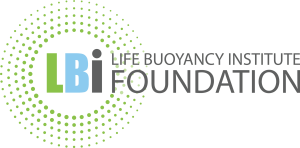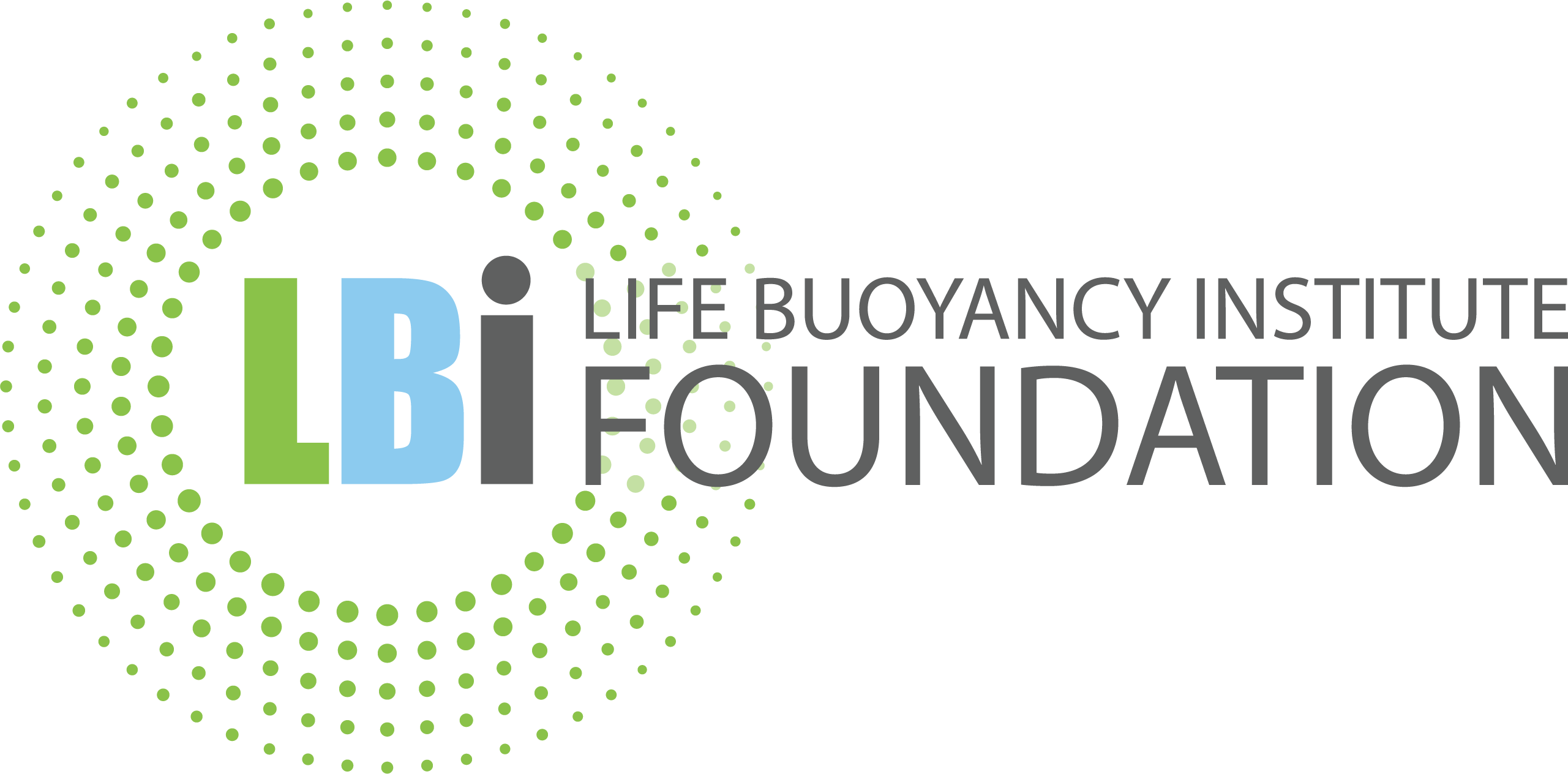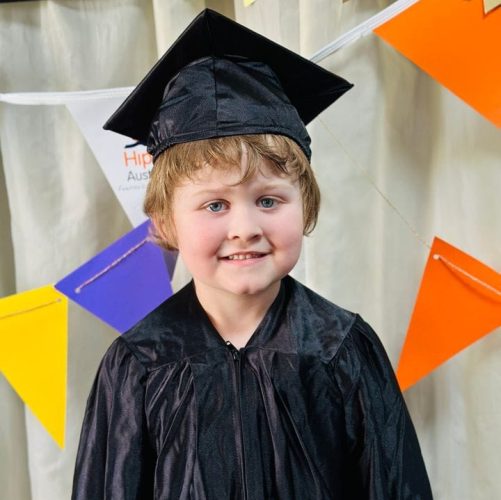Introducing the Community
Uniting Country SA | Supported Residential Care
Introducing the Uniting Country SA | Supported Residential Care
Uniting Country SA (UCSA) work to help and support rural and regional communities in South Australia.
Uniting Country SA (UCSA) deliver a high quality, trauma-informed and best-practice residential care program for children and young people living away from their family of origin in the Port Augusta, Port Pirie and Yorke Peninsula regions.
LBI Foundation has provided the UCSA Supported Residential Care program capacity building support under the Care IMPACT strategy, as made practical through the IMPACT Program as tailored to Therapeutic Residential Care. The intent (or outcomes) and actions of this work is summarised below.
The capacity building support has been personalised to the UCSA Supported Residential Care program. The UCSA program draws upon other best-practice therapeutic components (e.g., Therapeutic Crisis Intervention, TCI), and the IMPACT Program (and the intentional practice approach) is designed to strengthen this component, and personalise caregiving responses to children’s individual needs and context.
The work also dovetails into UCSA whole-of-agency therapeutic approach titled: interACT. interACT is founded upon intentional practice, and the IMPACT Program is designed to make interACT practical and translatable across the foster care program, and for practitioners and caregivers alike.
Intent ('What')
Build a Wellbeing and Trauma Responsive Care Community
Where Trauma-Responsive Practices are a Way of Thinking and Being
Made Practical Through the Following Co-Designed Outcomes
System
To embed a cohesive, intentional, integrated and best-practice approach to:
- Embed all therapeutic components (e.g., TCI, clinical support, growth planning) under a singular framework.
- Implement a safe, growth-focused and trauma-responsive care environment.
- Deliver personalised child wellbeing and growth-focused care, and to meet all children at their individual starting point (needs and context), and in moment-to-moment caregiving support.
- Embed a trauma and growth-focused care culture.
Caregivers
To embed the awareness, skills and mindsets to:
- Intentionally respond (rather than react) to individual child needs (e.g., trauma, growth developmental) in a relationship focused, trauma-responsive and personalised manner.
- Grow child capacity through intentionally delivered caregiving, side-by-side coaching, shared Growth Action Planning processes and through both implicit and explicit caregiving support.
- Empower the caregiver team to work together in shared intent.
Children
To provide children with intentionally delivered relational and coaching experiences that grow:
- Feelings of safety and trust at all times.
- Their awareness of self, others, world and future.
- Foundational social-emotional learning, meta-cognitive, self-regulation, independence and life skills.
- The mindsets, beliefs and attitudes associated with resilient whole-of-life outcomes.
- Their capacity to develop their own wellbeing, life and growth solutions (or wellbeing plans).
Actions ('How')
Summary Actions of the Partnership Journey
- Entire capacity building initiative is founded upon the science, research and practice of intentional practice, as made practical for therapeutic residential care settings (see this research article).
- Implementation underpinned by the Care IMPACT capacity building strategy.
- LBI Foundation Community Lead: Ivan Raymond.
- Co-design of a whole-of-program contextualised therapeutic framework (named Synchronise) to name, intentionally position and integrate all key therapeutic features and components (e.g., TCI, IMPACT). A video of this framework is provided below.
- Whole-of-program IMPACT Training (Train-the-Trainer), with wrap-around clinically focused Growth Action Planning.
- House Supervisors accredited to the IMPACT Coach level to embed and coach foundational trauma and growth planning content, including through online IMPACT coaching modules and resources, and reflective practices.
- Key embedding strategies: documented and coached Growth Action Planning, dynamic and ongoing child-led wellbeing planning, documented growth intent planning for each shift.
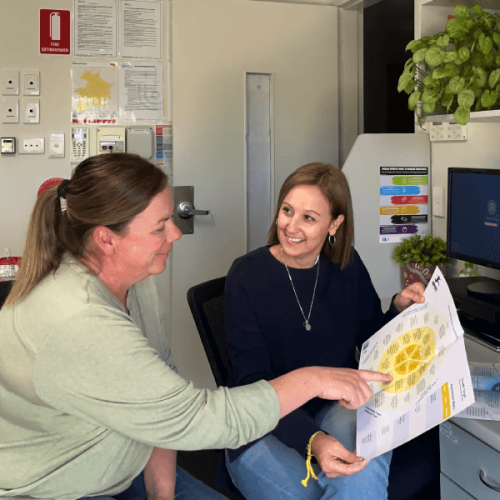
Photo source: Uniting Country SA
